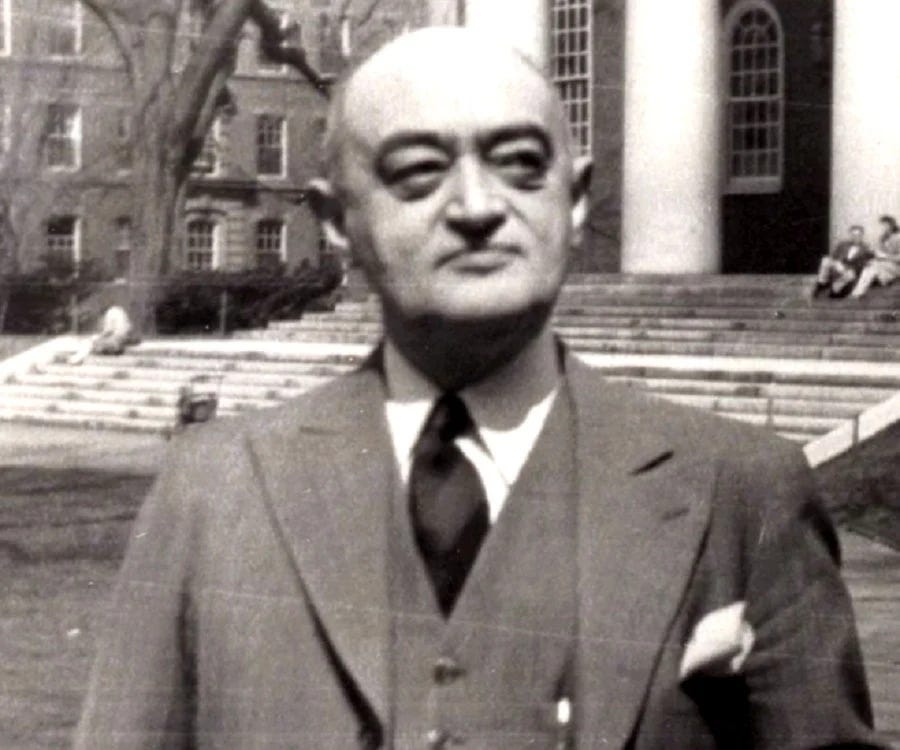Introduction
Joseph A. Schumpeter, an Austrian political economist, briefly served as Austria’s Finance Minister in 1919. In 1932, he emigrated to the United States and served as a professor at Harvard University, where he remained until the end of his career. Schumpeter is also known for advocating the elite theory of democracy in the 1940s.
Democratic Ideas
In his seminal work, “Capitalism, Socialism, and Democracy,” Schumpeter delves into the intricate relationship between democracy and socialism. He introduces the concept of “creative destruction,” which explains the ongoing process of innovation and technological advancements leading to the destruction of old industries and the creation of new ones. Schumpeter also contemplates the existence of a universally agreed-upon common good, positing that democratic governance facilitates the realization of this common good through elected representatives. However, he challenges conventional democratic theories by questioning the assumption of a universally determined common good. He says that even if such a thing did exist, it would not exactly lead to an agreement on specific issues. Additionally, Schumpeter also suggests that the concept of the will of the people is not as straightforward as we might have thought it originally was.
Volonté Générale
Schumpeter includes the term, “volonté générale” to scrutinize the traditional notion that democracy enables collective and rational decision-making for the greater good. He refutes the idea of a readily identifiable common goal universally accepted by all, highlighting the inherent complexities and challenges in achieving consensus.
Competitive Leadership
Central to Schumpeter’s analysis is the concept of competitive leadership within a democracy. He asserts that political leaders wield significant influence in shaping public opinion and engaging in a competitive struggle for electoral support. This phenomenon is observable in contemporary politics, where leaders like Donald Trump have capitalized on their strong personalities to mobilize voters and shape the political landscape.
Democratic Conclusion
Schumpeter’s insights into democracy offer a nuanced perspective, debunking the notion of democracy as a flawless reflection of the unified will of the people. He underscores the influential role and points out the complexities within the ideas of democratic systems.




